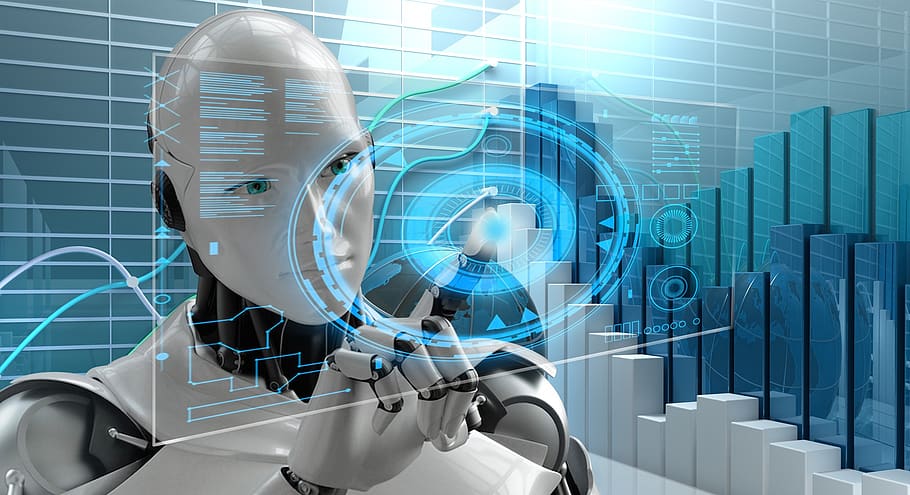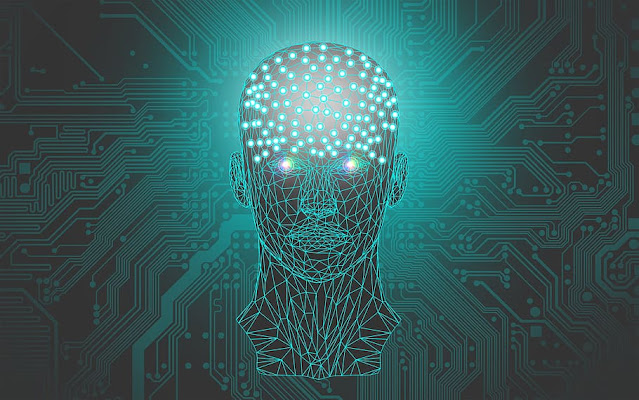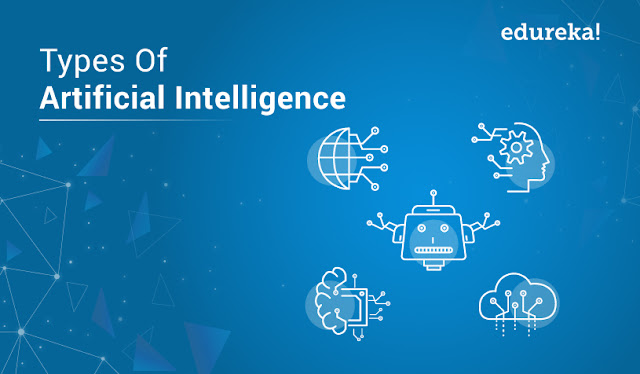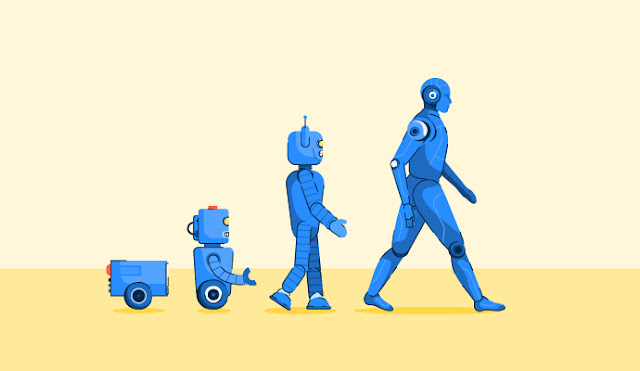Artificial Intelligence, often abbreviated as AI, is a revolutionary technology that has been making waves in various industries across the globe. From enhancing user experiences to streamlining complex tasks, AI technology has become an integral part of our daily lives. In this article, we'll delve into the intriguing realm of AI, exploring its origins, current applications, and the exciting possibilities it holds for the future.
Table Of Contents
The Birth of AI
A Glimpse into History
Artificial Intelligence was born out of the human desire to create machines that could mimic human intelligence. The concept dates back to ancient civilizations, with Greek myths mentioning automated beings. However, the modern era of AI began in the mid-20th century.
The Turing Test
In 1950, Alan Turing proposed a test to determine a machine's ability to exhibit intelligent behavior indistinguishable from that of a human. This laid the foundation for AI research.
Types of AI
Narrow AI
Narrow AI, also known as Weak AI, is designed to perform specific tasks. Virtual personal assistants like Siri and Alexa are prime examples, excelling at voice recognition and language processing.
General AI
General AI, or Strong AI, is a hypothetical form of AI that possesses human-like intelligence, capable of understanding, learning, and performing any intellectual task. Achieving this level of AI remains a distant goal.
Applications of AI
Healthcare
AI has revolutionized the healthcare industry, assisting in diagnostics, drug discovery, and even surgery. IBM's Watson, for instance, helps doctors make data-driven decisions.
Transportation
Self-driving cars, powered by AI algorithms, are poised to transform the way we commute, promising safer and more efficient roadways.
Finance
Financial institutions utilize AI for fraud detection, algorithmic trading, and customer service through chatbots, offering enhanced security and convenience.
Entertainment
Recommendation algorithms on platforms like Netflix and Spotify leverage AI to provide personalized content suggestions, keeping users engaged.
The Future of AI
Robotics
AI-driven robots are becoming more sophisticated, enabling tasks in manufacturing, healthcare, and even household chores.
Natural Language Processing (NLP)
Advancements in NLP are leading to more human-like interactions with virtual assistants and chatbots, bridging the gap between man and machine.
AI in Education
Personalized learning experiences and AI tutors are transforming the education landscape, catering to individual student needs.
Ethical Considerations
Bias in AI
AI algorithms can inherit biases present in the data they are trained on, raising concerns about fairness and discrimination.
Job Displacement
The rise of AIAI automation has sparked discussions about the potential loss of certain jobs. However, it also creates new opportunities in AI-related fields.
Conclusion
In conclusion, AI technology has come a long way since its inception, impacting numerous aspects of our lives. From healthcare to entertainment, AI continues to push boundaries, offering exciting prospects for the future. As we move forward, it is essential to address ethical concerns and ensure that AI benefits all of humanity.
FAQs
Is AI technology limited to computer science and technology industries?
No, AI has applications in diverse fields, including healthcare, finance, education, and more.
Can AI completely replace human jobs?
While AI can automate certain tasks, it also creates new job opportunities in AI development and maintenance.
How does AI ensure data privacy in healthcare applications?
AI algorithms used in healthcare are designed to comply with stringent data privacy regulations, ensuring patient confidentiality.
What challenges do AI developers face in achieving General AI?
Developing General AI requires solving complex problems related to human-like reasoning and understanding, which is still a significant challenge.
What are the potential risks of biased AI algorithms?
Biased AI algorithms can lead to discrimination and unfairness, reinforcing existing prejudices in decision-making processes.







